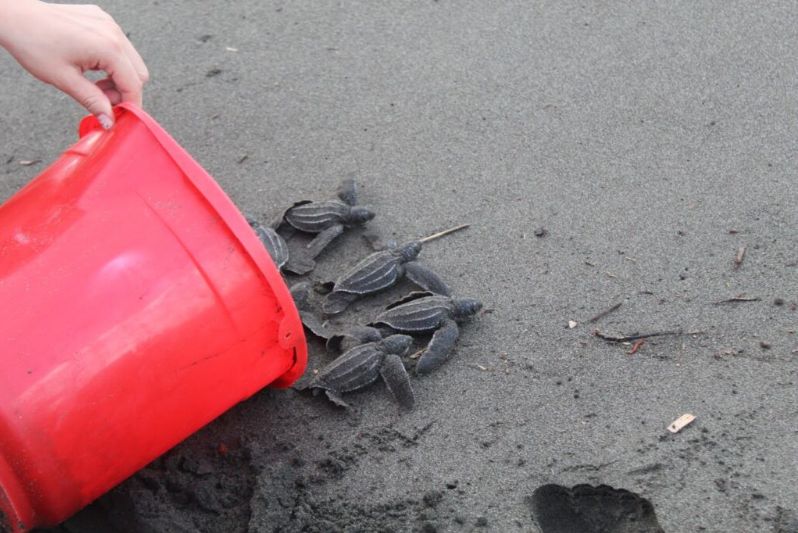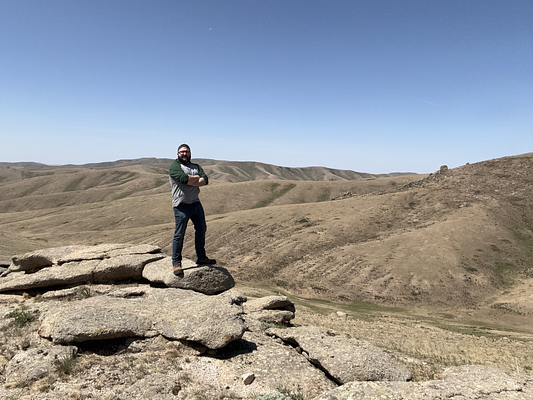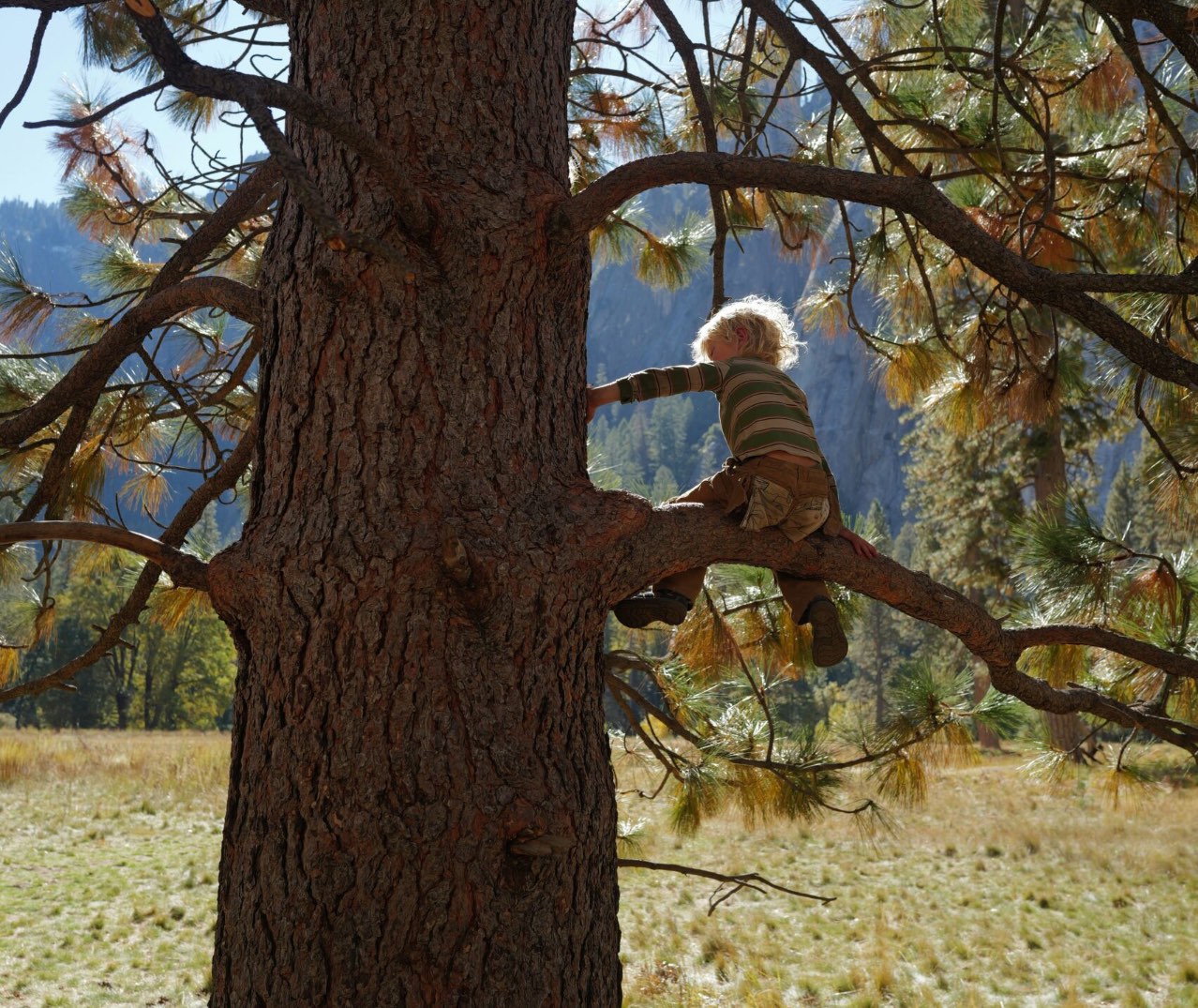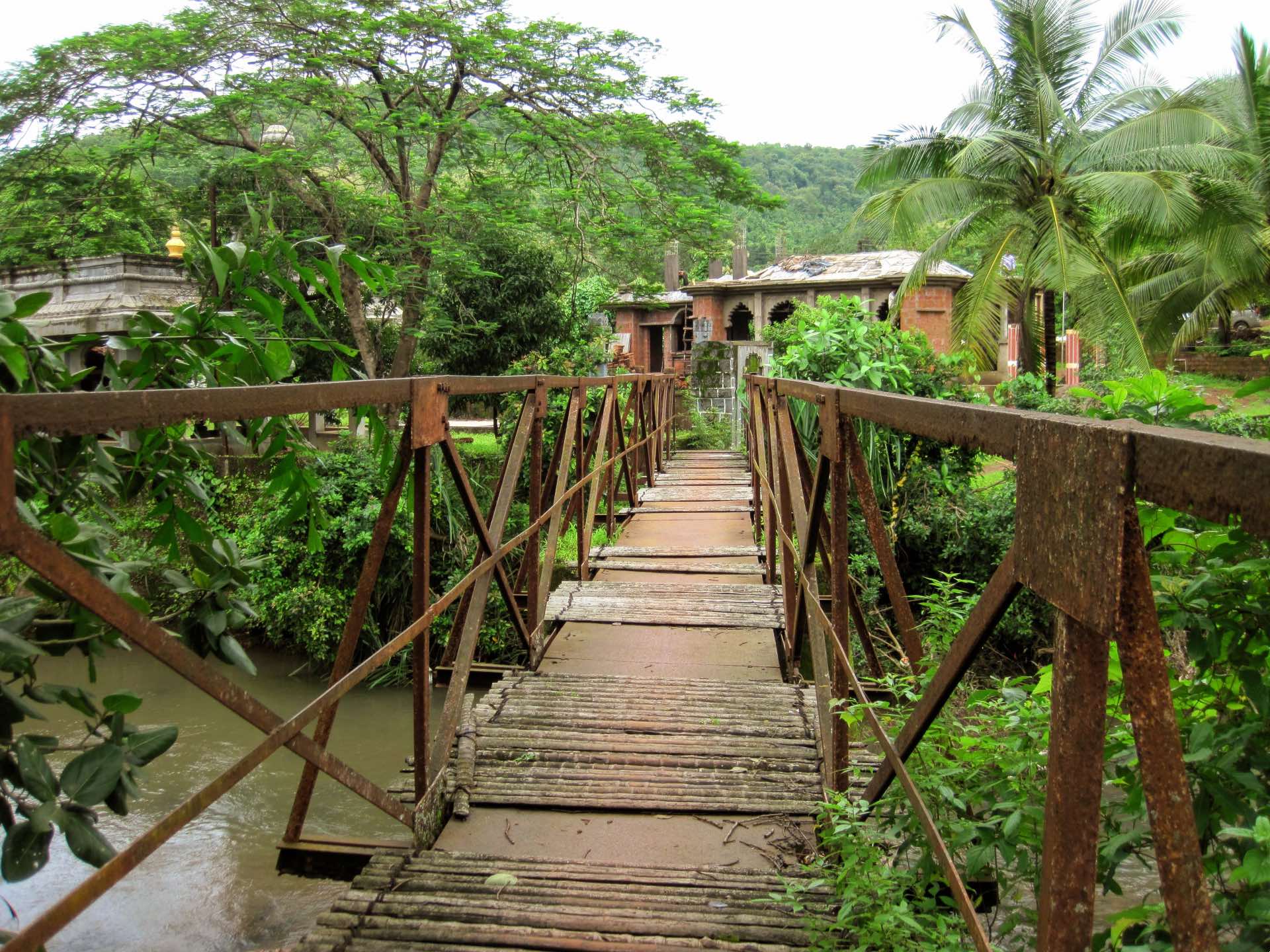
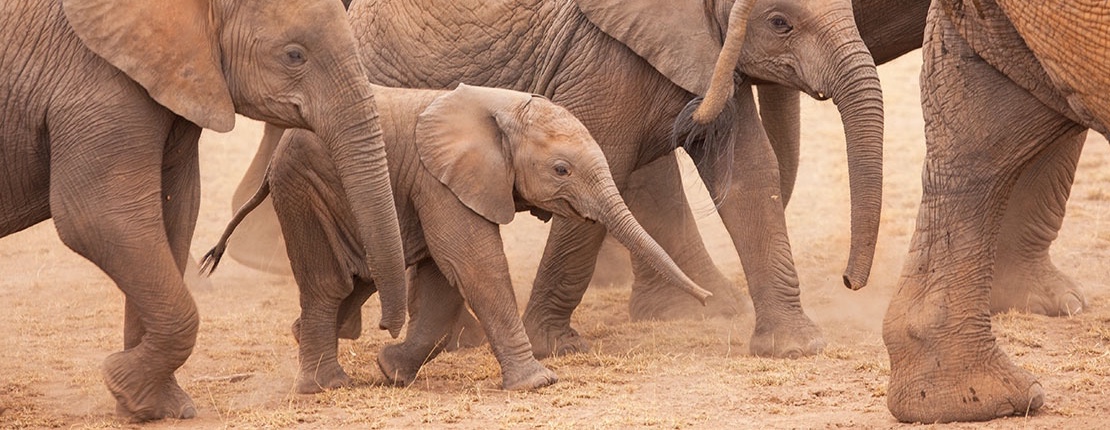
Global Field Program
Transform your impact on conservation. The Global Field Program (GFP) master's degree through Miami University empowers you to drive ecological and social change through inquiry and real-world action. Learn alongside conservation leaders in critical hotspots worldwide, developing interdisciplinary solutions for a positive impact.
Program Overview
The Global Field Program (GFP) is a part-time master’s degree offered by Miami University. GFP master's students join an expansive network of leaders who work collaboratively to bring about change in local and global contexts. The GFP builds on the graduate courses and environmental partnerships of Earth Expeditions (see the Earth Expeditions website for descriptions of the global field course sites).
Miami’s GFP is well suited for students with interests in environmental biology, conservation, sustainability, environmental education, participatory learning, community-engagement, environmental justice, as well as a wide range specializations such as ethnozoology, traditional ecological knowledge, island biogeography, animal welfare, nonprofit leadership, marine biology, conservation art and media, youth programs, and more.
Because the GFP combines summer field courses worldwide with online learning communities, this master’s degree can be completed part-time from anywhere.


Earth Expeditions Course Locations
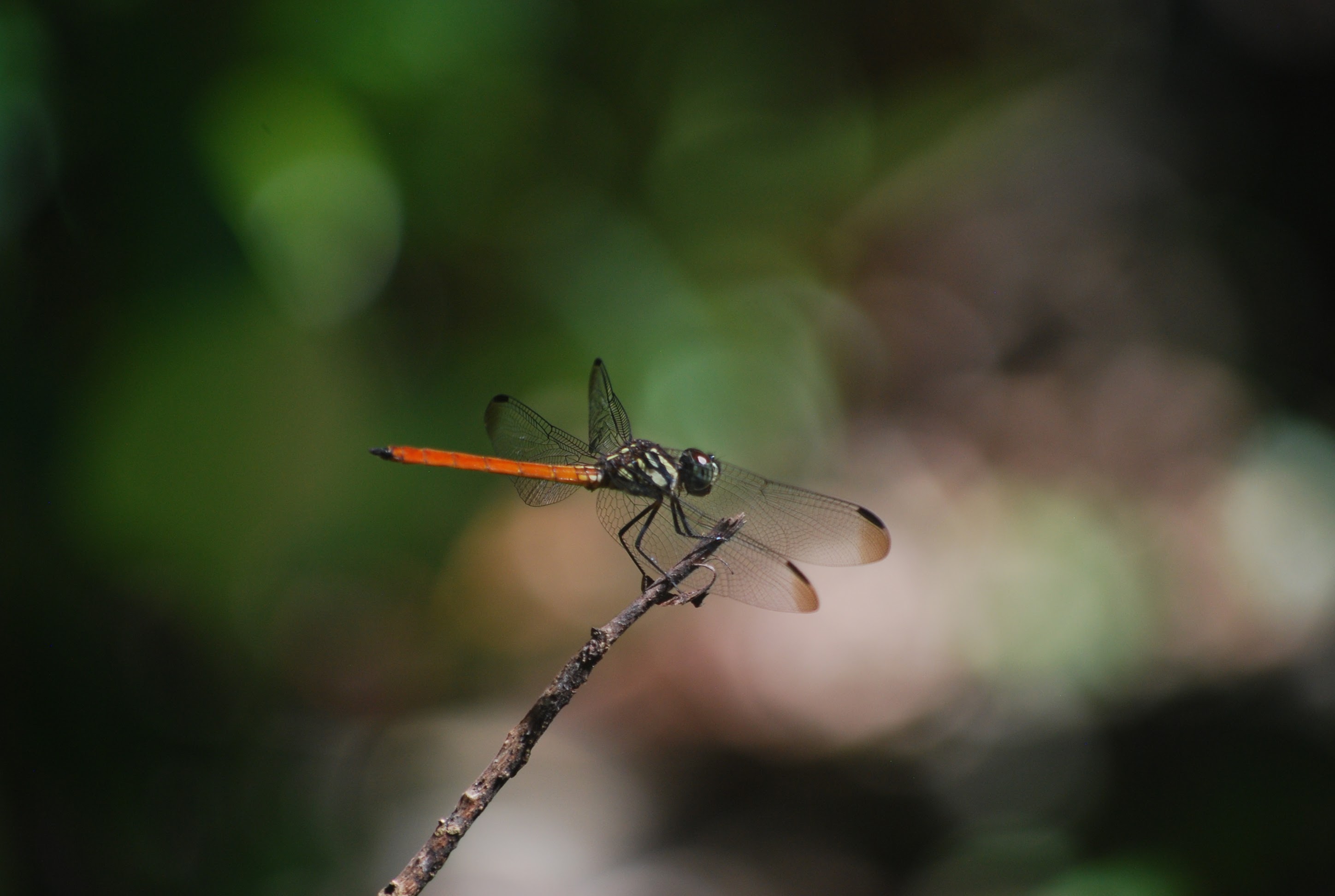
FAQs
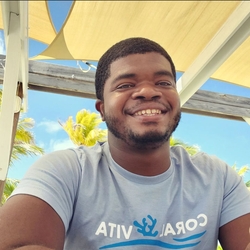
The Global Conservation Fellows (GCF) program is offered through Project Dragonfly at Miami University in partnership with conservation organizations worldwide. Fellows earn a biology Miami master's degree through Project Dragonfly’s Global Field Program (GFP) all while inspiring further positive ecological and social change in their local communities. Fellows are selected based on their potential to make a difference and contribute to innovative and collaborative environmental solutions at local, regional, and global scales.
Check out more Global Conservation Fellows here.
Delreco Bonaby is currently a high school science teacher at Queen's College in The Bahamas.
GFP at a Glance
35
Graduate Credit Hours Including Three Once-in-a-Lifetime Field Experiences in Biodiversity Hotspots Across the World
2.5
Years to Complete Your M.A. or M.A.T. While Working
92%
of Alumni Feel the Program Met or Exceeded Expectations
58%
of Graduates Report Having Received a Pay Increase or Promotion Due to the Program
Explore Earth Expeditions: Learning in the World Community
Amazon: Avian & Tropical Ecology
Journey to the Amazon and learn how communities are working to save this astonishing and irreplaceable ecosystem.
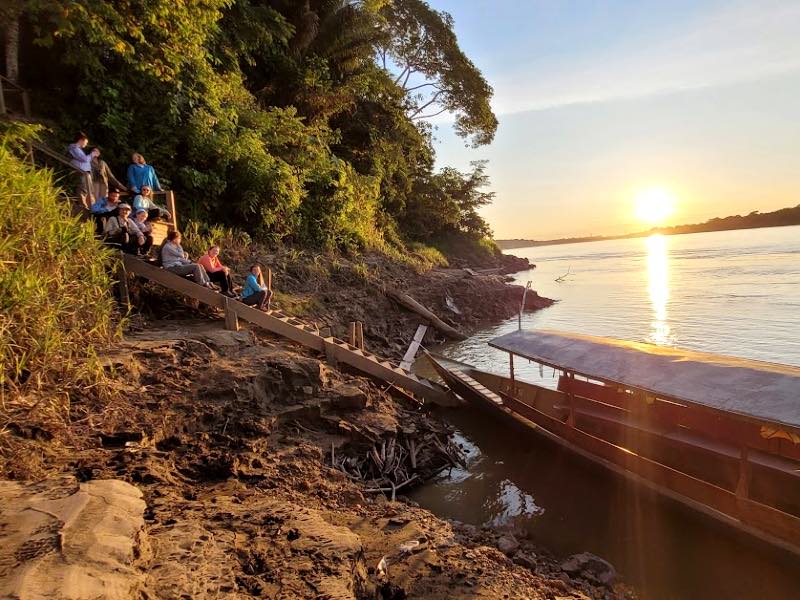
Australia: Great Barrier Reef
Dive into the conservation and education opportunities of the Great Barrier Reef, the global center of marine biodiversity.
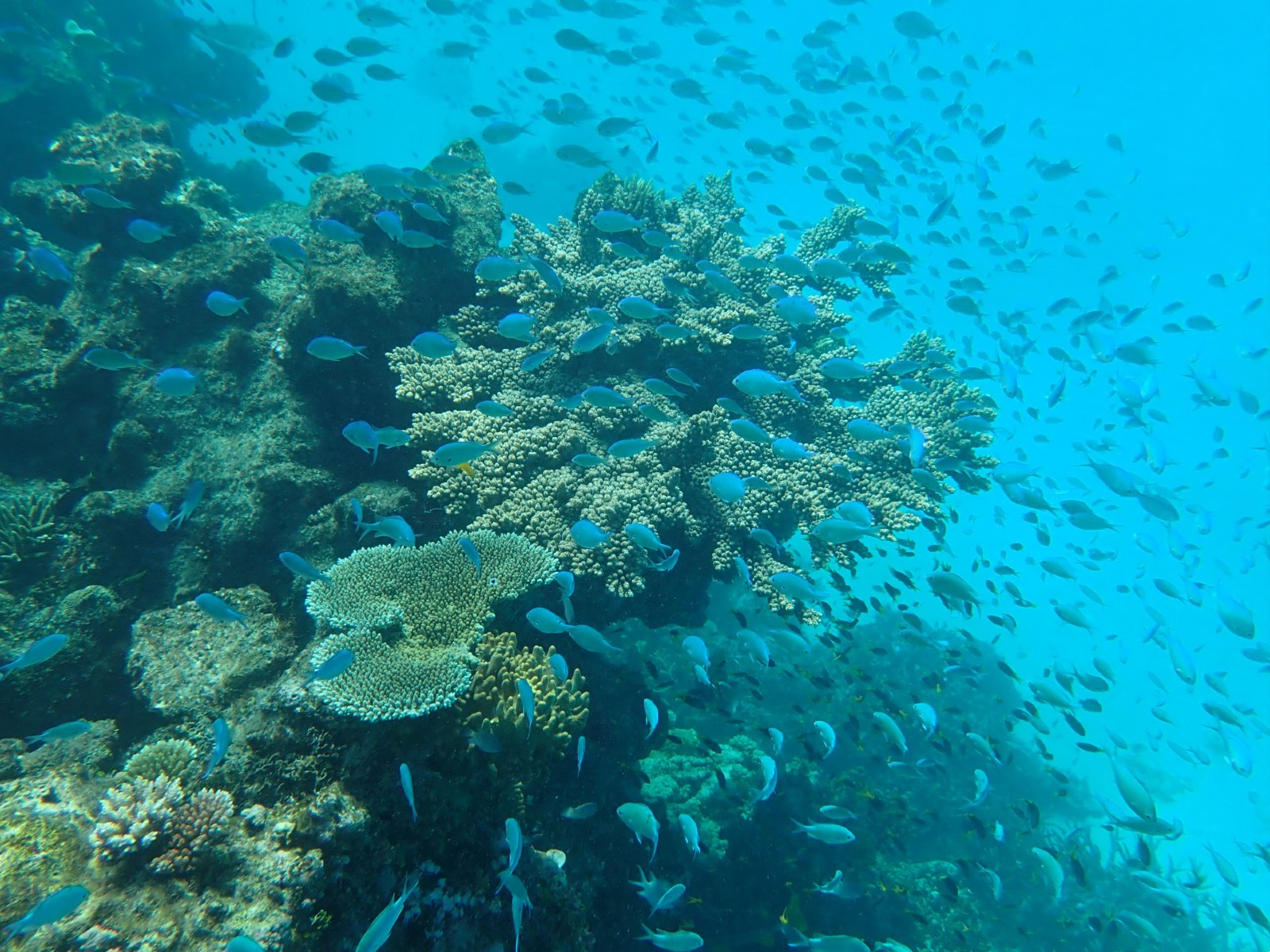
The Bahamas: Cultivating Conservation Networks
Explore marine reserves, mangroves, unique national parks, and community-driven conservation projects that focus on local communities at the forefront of conservation.
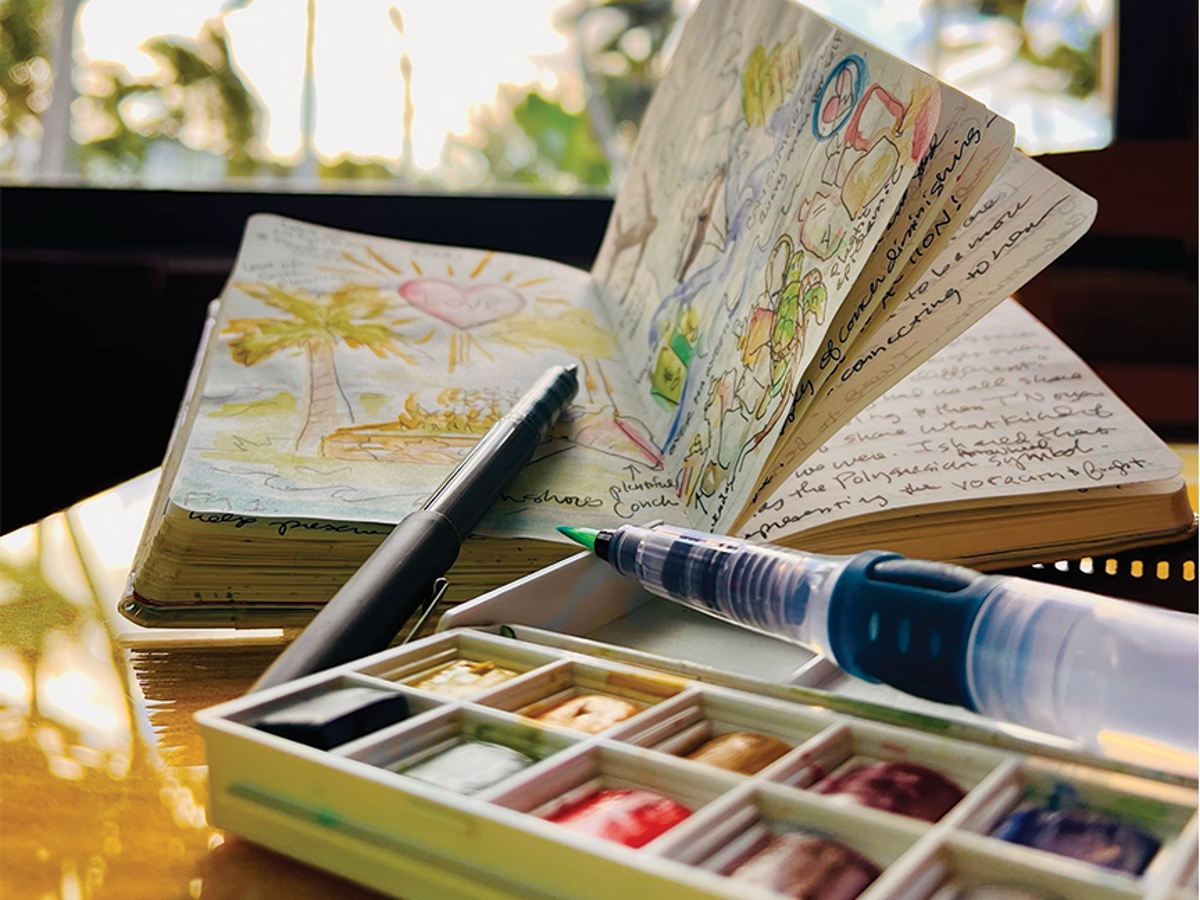
Baja: Field Methods
Experience the spectacular desert and marine landscapes of two richly diverse biosphere reserves through ecological and social field methods.
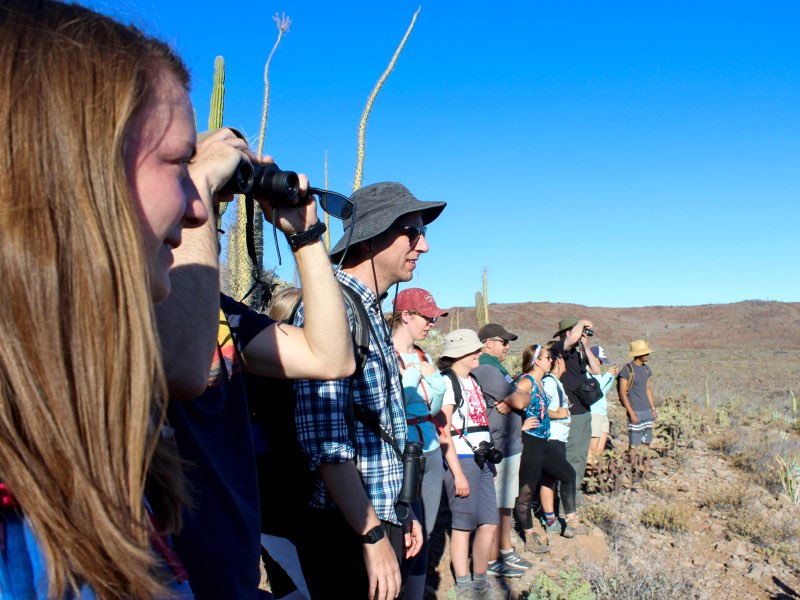
Belize: Approaches to Environmental Stewardship
Investigate coral reefs, manatees, howler monkeys, jaguars, and other wildlife while learning the methods communities are using to sustain them.
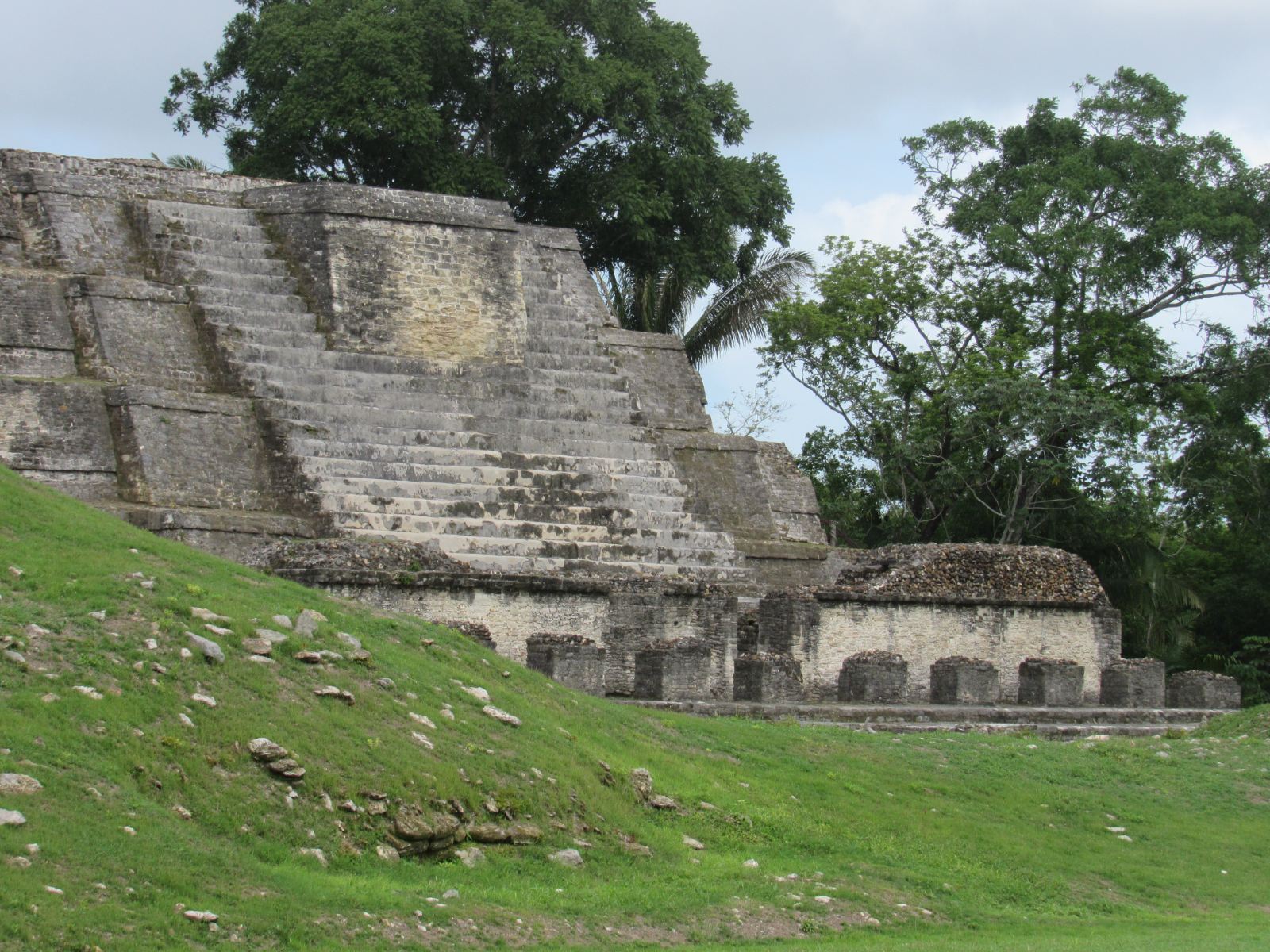
Borneo: Primate Conservation
Study Borneo’s primate denizens, including the orangutan. Develop new ways to engage communities worldwide in primate conservation.
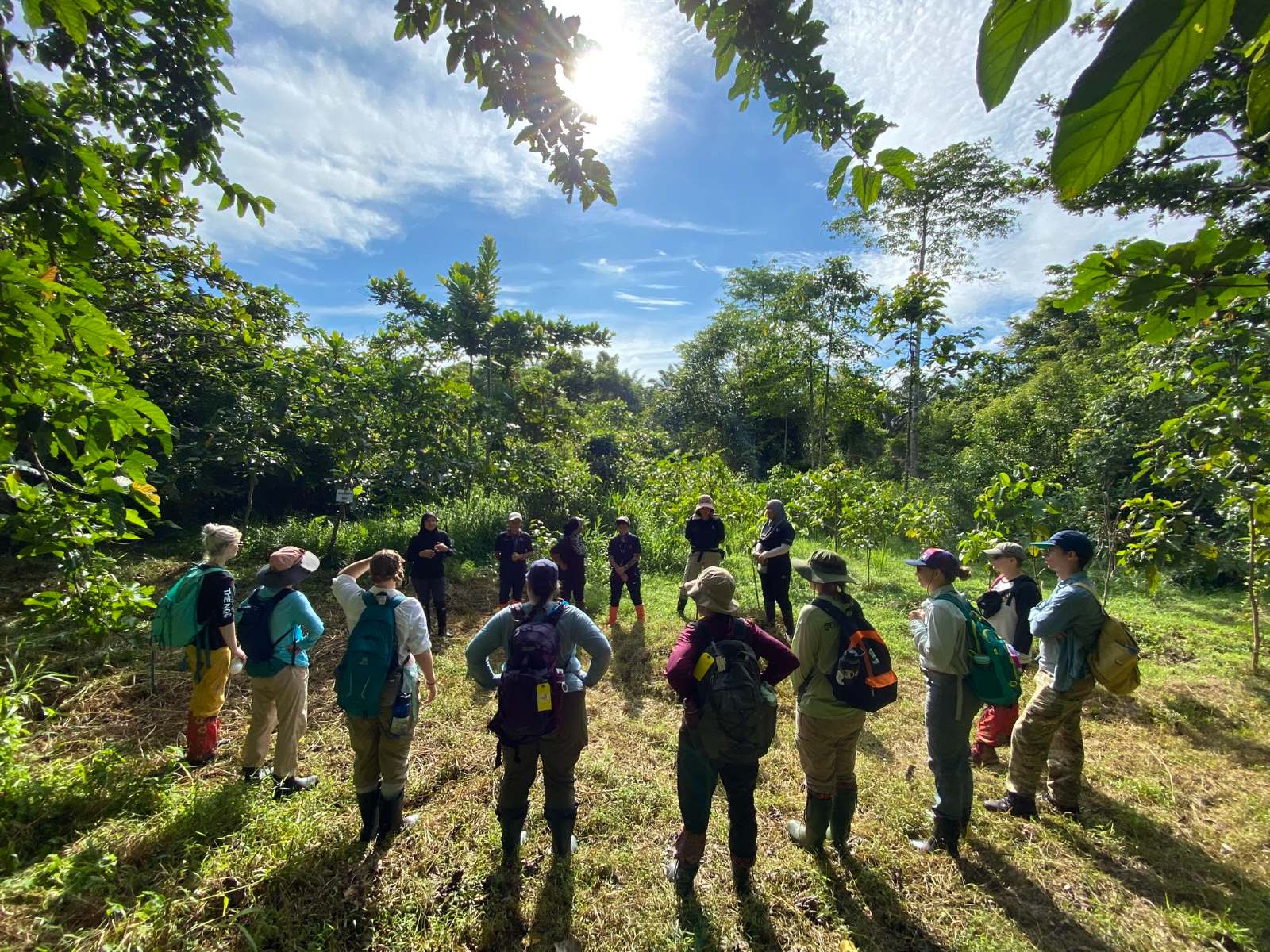
Brazil: Saving Golden Lion Tamarins
Join a world-class effort to save tamarins from the brink of extinction in Brazil’s most critically important forest.
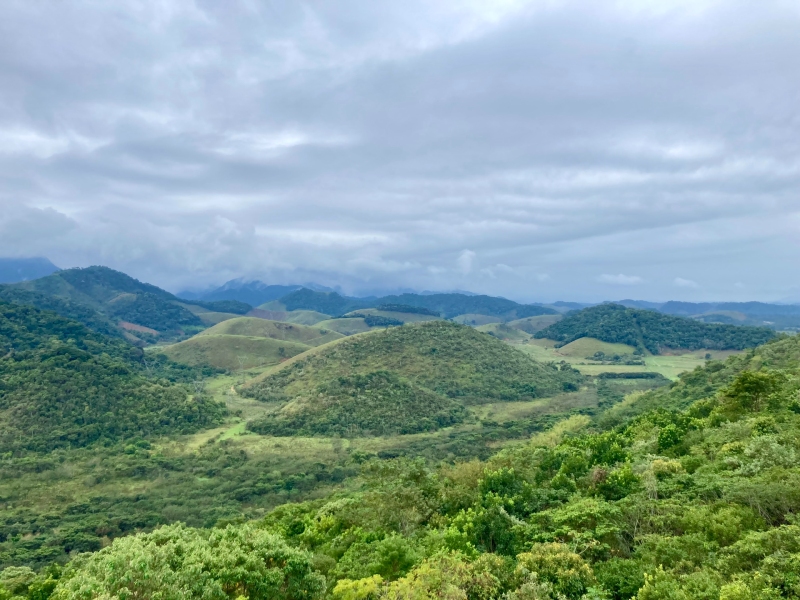
Costa Rica: Ecology & Ecotourism
Trek through lowland rainforest, montane forest, and coastal ecosystems while investigating the biotic, physical, and cultural forces that affect tropical biodiversity.
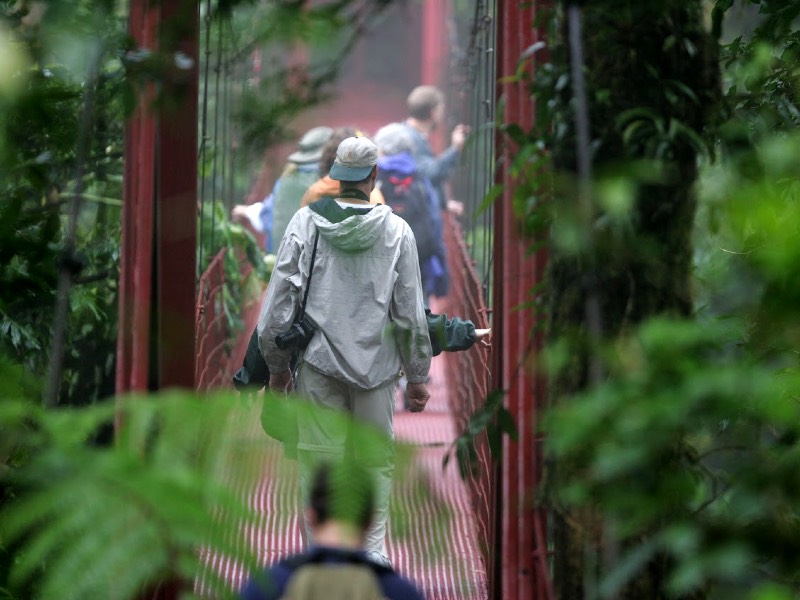
Galápagos: Islands of Change
Visit the realm of giant tortoises; study the forces of evolutionary, geologic, and social change; contribute to sustainable solutions for this astounding archipelago.
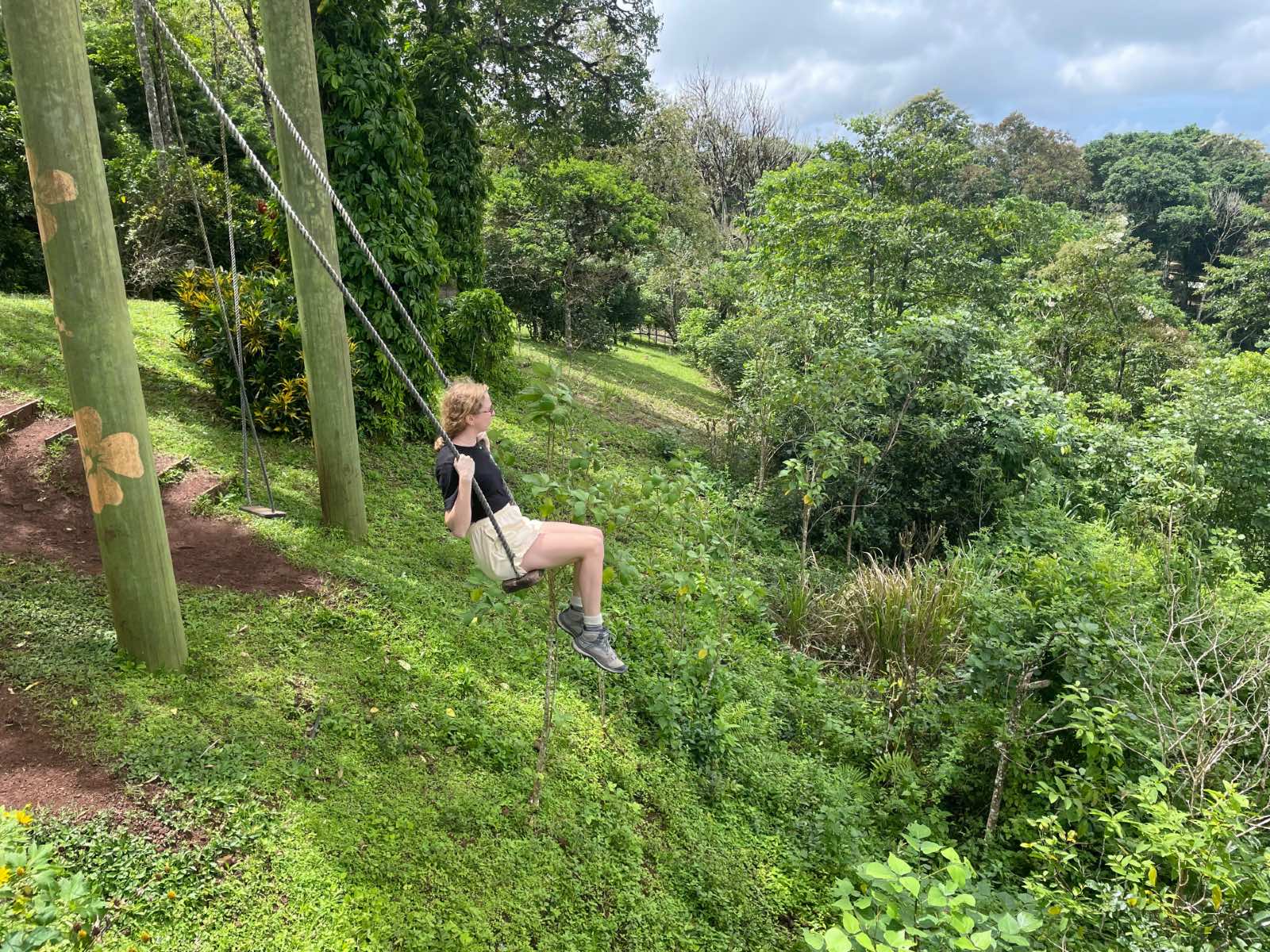
Guyana: Local Wisdom & Conservation
Experience one of the greatest examples of primary rainforest in the world. Learn how indigenous Makushi communities are building a sustainable future.
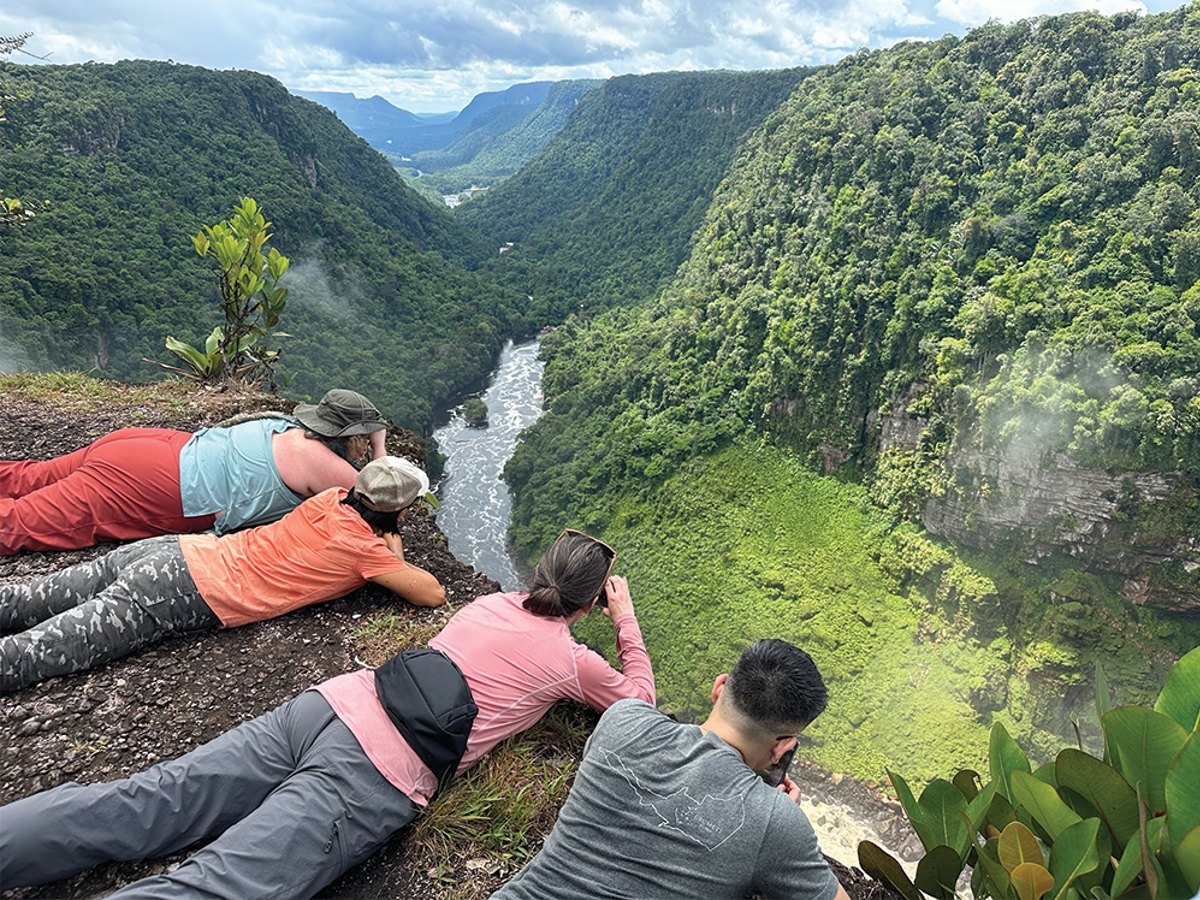
India: Species, Deities & Communities
Journey through the stunning ecological, cultural, and spiritual landscapes of the Western Ghats, where people, wildlife, and deities meet in sacred groves and forest temples.
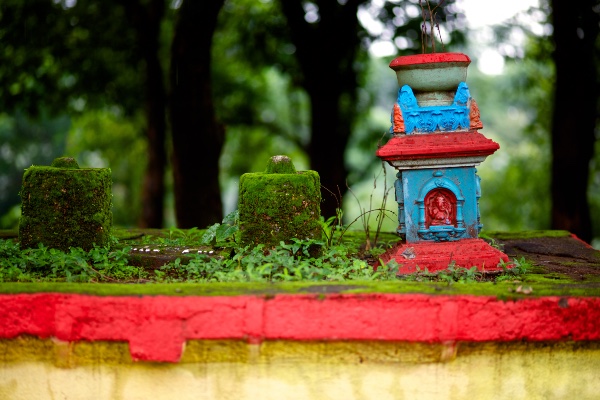
Kenya: Wildlife & People in Integrated Landscapes
Join conservationists, educators, community leaders, and youth to study sustainable approaches to human wildlife coexistence.
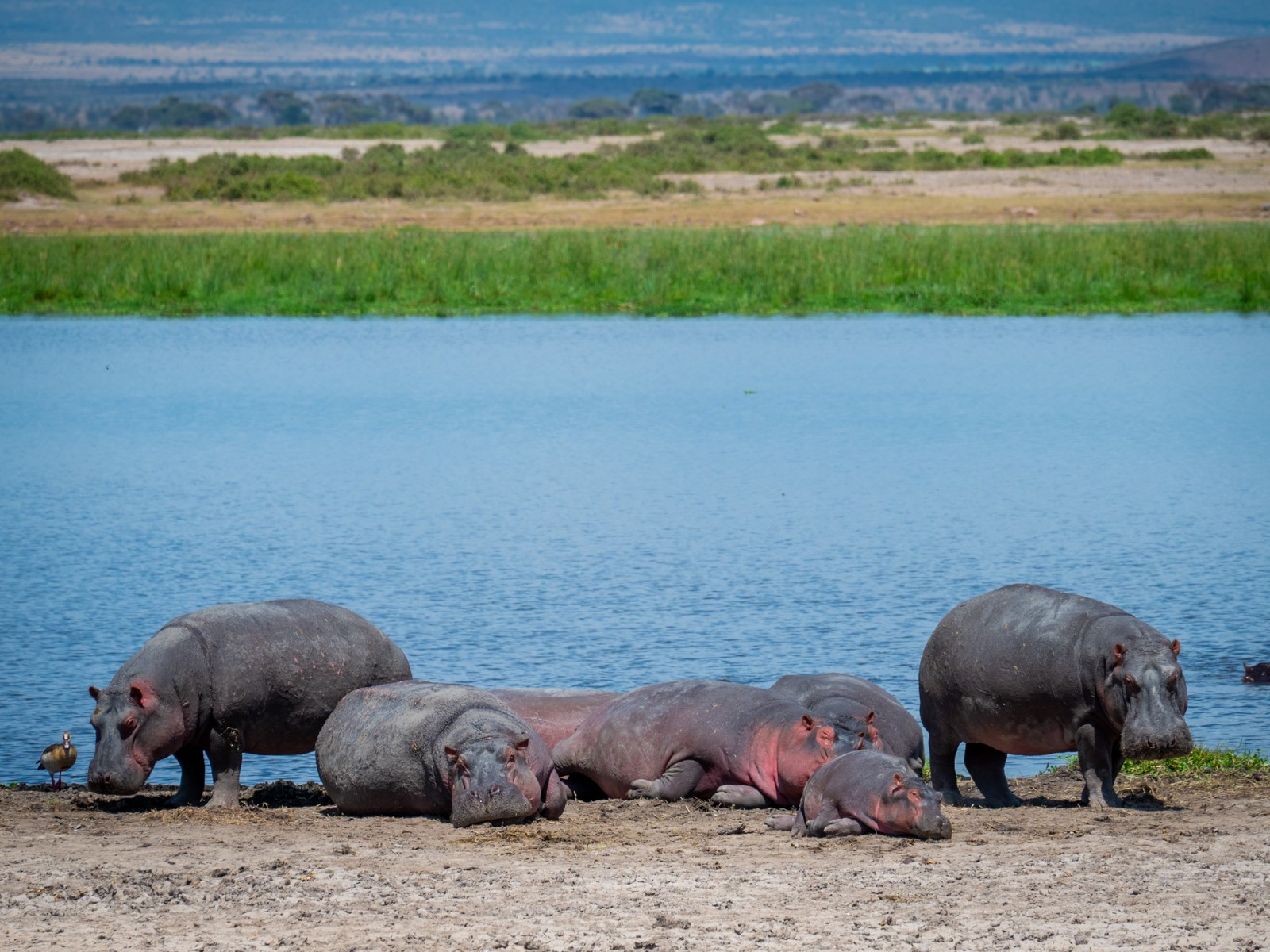
Mongolia: Steppe Ecology & Civic Media
Explore an incomparable grassland ecosystem. Learn how to support citizen conservation reporters. Focus on the Pallas’ cat and Przewalski’s horse, one of the most successful species reintroductions of our time.
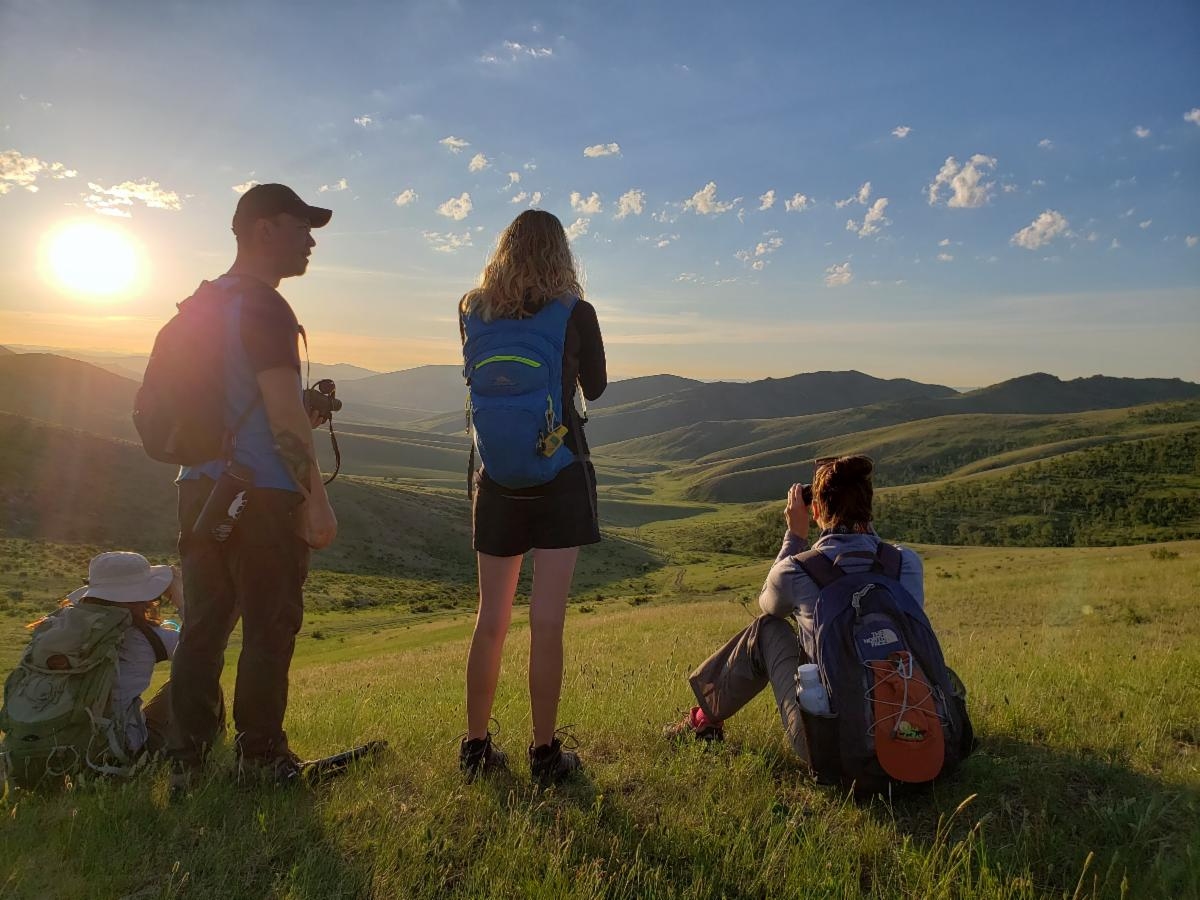
Namibia: Great Cat Conservation
Experience ongoing research projects such as radio tracking, cheetah physiology, ecosystem management, and the design of school and community programs.
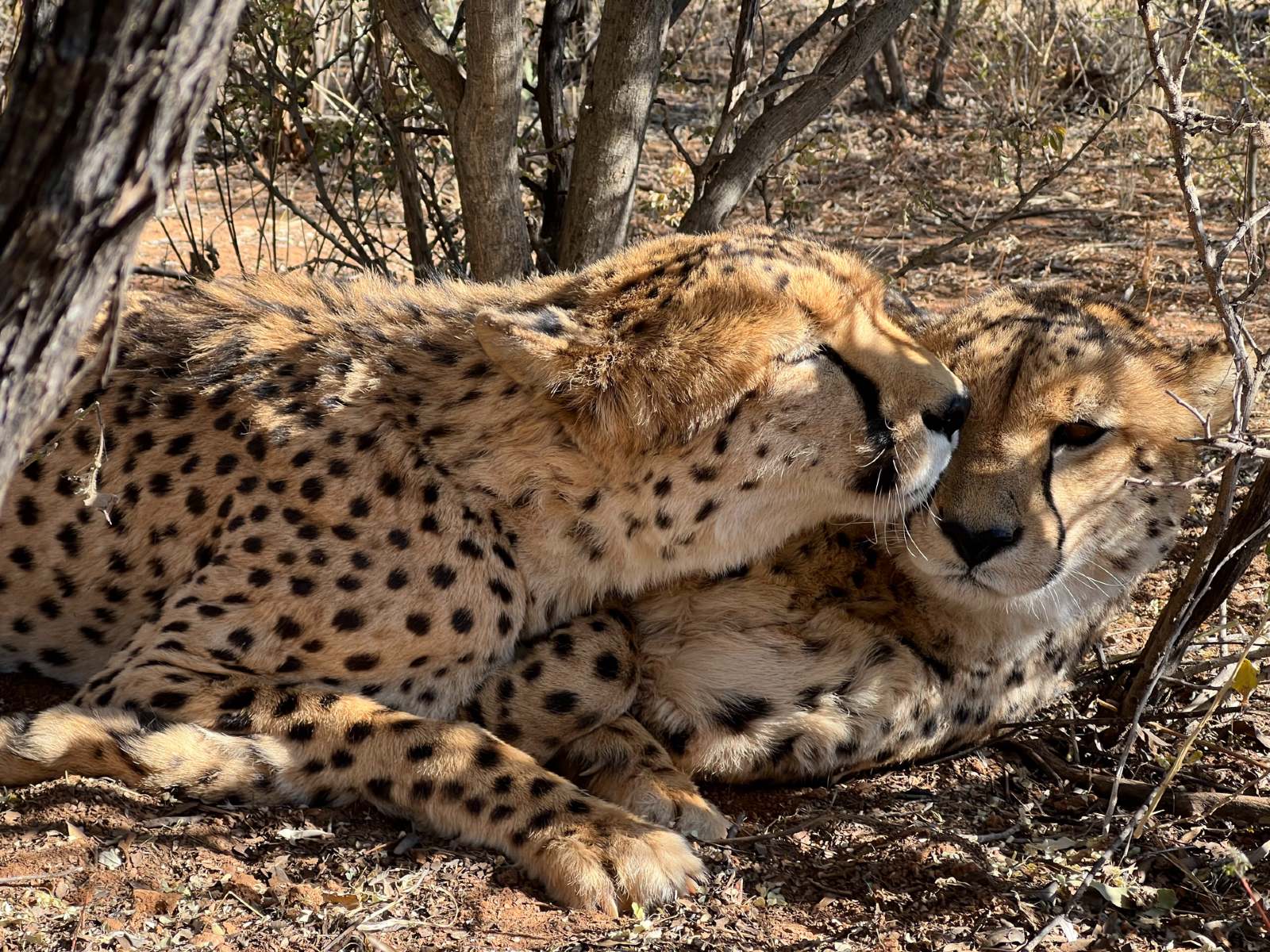
Paraguay: Eco-Leadership
Immerse yourself in scientific research, youth education, eco-leadership methods, and community engagement, while exploring the diverse ecology and people of Paraguay.
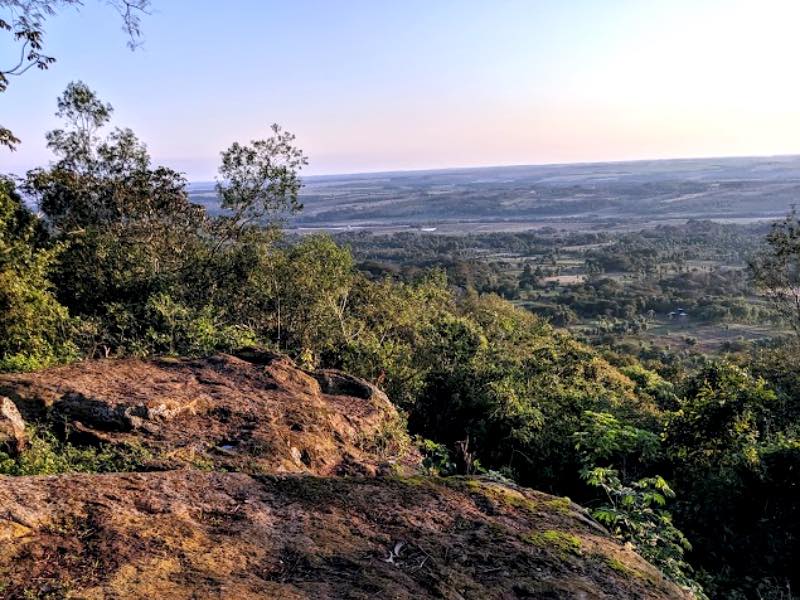
Thailand: Buddhism & Conservation
Study emerging models in conservation and education. Understand nature through Buddhist philosophy.
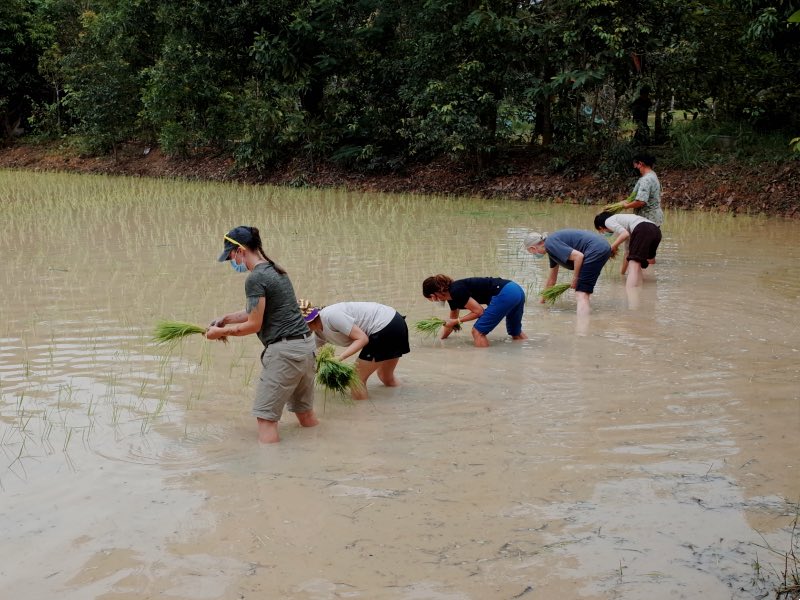
What kind of support and experience can this program provide?
Applications and Eligibility
Applications are accepted from early September through January 15 (for the GFP) or February 15 (for the AIP) of each year for enrollment beginning late spring. No GRE is required.
Project Dragonfly master's programs are open to a broad range of individuals:
- Recent college graduates;
- Graduates who haven’t been to school in years;
- Professionals working in non-profit education, business, and government settings;
- Anyone who holds a bachelor’s degree, regardless of major, and has an interest in improving human and ecological communities
Enrollment Information
The AIP and GFP master’s can be completed part-time while working. Miami offers reduced tuition for this program.
Participants need to fulfill the minimum Graduate School GPA requirements for admission to the program. For more information, please visit the Graduate School’s Admissions Information.
Biology Course Requirement
All Dragonfly graduate students are required to have completed (receiving a final grade of B- or better) one university-level general biology course or its equivalent before completion of their degree. Students admitted to the program who have not previously met this requirement through their undergraduate studies need to complete such a course before they graduate. More information may be found in the Biology Requirement FAQs and on the Biology through Inquiry webpage.
Transfer Credits
Only the following credits are transferable into the AIP or GFP:
- Up to 7 credits from a past Earth Expeditions field course (with an earned grade of B or higher) may be applied.
- Up to 7 credits from past AIP W+ courses taken through Miami University may be applied.
Note: No other credits can be transferred into the AIP or GFP. No exceptions can be made to the transfer credit policy.
Which Master’s Degree Is for Me?
Not sure? That's okay — you can change your target degree and major once admitted to the program.
The Master of Arts in Biology (M.A.)
This degree option is for any applicant with a bachelor’s degree interested in advancing their career through global leadership, community engagement, life sciences, and environmental stewardship.
The Master of Arts in Teaching in the Biological Sciences (M.A.T.)
Designed for certified teachers, this degree provides real-world experiences that advance district, state, and national educational standards through research-based practices for student achievement in core content areas. This degree is not intended to lead to educator certification.
Featured Video*
Is This For Me?
Here are some of our most Frequently Asked Questions.
“Believe it or not, I have been ‘pay-as-I-go.’ ”
– Jennifer H., GFP student from Longwood, Fla.
“Check to see if your employer offers tuition reimbursement. I was lucky in that my employer offered $3,500 per year for graduate school. That was more than enough to cover each year of the AIP program.”
– Amy T., AIP graduate from Goshen, Ohio
“I was able to pay as I went. I charged the tuition, which I found reasonable, and then worked hard to pay it off before the next semester. The cost is drastically reduced. I did not have a single loan. Also, I was able to write it off on my taxes.”
– Perky S., GFP graduate from Dover, Idaho
“With reduced fees as part of Miami University’s support for this program, each master’s course is offered at a fraction of actual costs. But we know students sometimes need additional help!Check out our Helping Fund Your Degree.”
– Project Dragonfly
“I started the AIP master’s eight months pregnant and also had a 3- and a 2-year-old and was a full-time teacher. When you find something you love and are passionate about, you make it work. I graduated this past December and loved everything the AIP master’s taught me. … It is a worthwhile program and gears toward your individual passions!”
– Adrienne C., AIP graduate from Cleveland, Ohio
(replying to Adrienne C.) “I just graduated from the GFP master’s and think you hit on the most important aspect of the work load. If you’re enrolling in a program like this, the chances are you’re incredibly passionate about what you’re studying. While the workload can become heavy at times on top of other responsibilities, that passion definitely keeps driving you. That and the support of a great community filled with other people who share your passion.”
– Mike R., GFP graduate from Fair Lawn, N.J.
“I found that the course work provided an escape from the day-to-day demands of my job as a teacher. I looked forward to losing myself in my courses. They were almost like therapy. I looked at the summer Earth Expeditions courses as not only academic growth but personal growth, as well. I learned so much about myself and gained confidence that I never would have found had it not been for this program. It is amazing how much the program becomes a part of your life. … I could not picture my life without Project Dragonfly.”
– Leah C., GFP graduate from Batesville, Ind.
(replying to Leah C.) “Great post, Leah – I, too, found it an escape into another professional life to talk science with peers not high school students. Nice to hear the perspectives of other formal and informal educators – I think we respect each other’s jobs more as well.”
– Kimberly L., GFP graduate from Jackson, Ohio
“There are many grad programs out there (physical and online) but how many can CHANGE your life? This one will. There is not a week (or sometimes day) that goes by where I don’t reference (verbally or in the quiet of my mind) the wonderful experiences I’ve had and friendships I’ve made because of this program. Time management is key to survival, but that is with any program you will undertake. Mine was 9-11:30 pm most nights + some weekend time after all other things were done (job, grading, kids, family, exercise, etc). It is not meant to be easy. Life is work.”
– Kimberly L., GFP graduate from Jackson, Ohio
“I held down two part-time jobs and one full-time job while I was an AIP student. The biggest factors in my success were the support of the folks in my cohort and the support of our advisor. Outside of that group, however, the entire Dragonfly community was also very supportive, and I made great connections with people I’ve never even met in real life. That cheerleading will push you through the tough stuff for sure! The other key piece, which a lot of folks have already mentioned, is time management. It’s a big part of surviving trying to balance the program and life. I typically tried to devote my Saturdays and any downtime to working on things, even if my downtime was just a few minutes here and there. It can be challenging at times, but when you finish and get that diploma it will be one of your proudest life events! This program was truly life-changing for me, and I’m so glad I chose AIP!”
– Victoria B., AIP graduate from Alliance, Ohio
“In the words of Nike: ‘Just do it.’”
– Suzanne H., AIP student from San Diego, Calif.
“I was a GFP student. Not going to say it was not a real challenge. I am going to say that EVERYONE is supportive. Anything important is possible if you break it down into small chunks…and that’s what this program does…. And it’s really about the circle of classmates that are facing the same challenges you are facing. The opportunities outweigh the challenges. DO IT!!”
– Kati M., GFP graduate from Bellbrook, Ohio
“Let’s just say, if I can work 4 part-time jobs and graduate on time, you can, too! As long as you commit the right amount of time for each class, it is doable! The support system is fantastic and know that you aren’t in this alone!”
– Megan F., GFP graduate from Cincinnati, Ohio
“Time management is sooo important and perhaps the biggest challenge! Not watching TV helps!! It helps me to set aside a little time every day for coursework, even if just 45 minutes. I’ve been known to use a few work vacation days to dedicate to big projects/papers. Sometimes using vacation time is the only way I can get a big chunk of time (while my daughter is with child care) to focus on school projects without the distractions of being a mom.”
– Jamie D., GFP graduate from Schnecksville, Penn.
“I am 6 months pregnant, in my first year teaching, mother of one 7-year-old, and have a very needy husband….but I am so happy to be starting my 3rd semester with the AIP program! The workload is very doable and the classes you choose are very flexible. It is a very realistic program for busy people!! And the experiential learning on-grounds is amazing!!”
– Amanda C., AIP student from Oceanside, Calif.
“My son was 6 when I started this program, and I actually found ways to involve him, his classmates and his friends in some of my projects. It took away some of that mommy guilt. The 10-day expeditions in the summer proved to be a challenge since my husband owns a restaurant and works 7 days a week, but my family and friends were so supportive and pitched in to help! It was an awesome experience and worth every sacrifice and late night cup of coffee!”
– Amy T., GFP graduate from Port Huron, Mich.
“I did an EE course with an 18-month-old and pregnant with my second. The course work was a lot of work, but it felt like good, solid work that would help my teaching. So, I didn’t mind doing it at night. The 10-day Belize trip itself was amazing, and I still refer back to it in my classroom (4+ years later!). I would highly recommend this program. The teachers are amazing, and the fellow students are equally amazing. It’s a lot of work but so so so rewarding!”
– Danielle B., Earth Expedition student from Yarmouth, Maine
“I can’t believe the first 2 semesters have gone by so fast! So it doesn’t feel like it’s gonna take long.”
– Sarah S., AIP student from Peoria, Ariz.
“2.5 years, teaching middle school and two pregnancies!”
– Eric D., AIP graduate from Canfield, Ohio
“I completed my degree in two-and-a-half years while I continued teaching elementary school full time.”
– Kendell M., AIP graduate from Mentor, Ohio
“I will be taking 4 years to complete. Taking 2 online classes and working full time is pretty work intensive. I wanted to get the most out of it. It is all about the journey for me.”
– Lisa H., GFP student from Cincinnati, Ohio
“I’m a busy mom with two small kids and completed my degree in 2 and a half years.”
– Sarah C., AIP graduate from Bothell, Wash.
“Took me 3.5 years because I had a summer baby. It made a couple of semesters a little more doable (teaching full time).”
– Angela Y., GFP graduate from Lakewood, Ohio
“2.5 years for me, it was too fast”
– Joseph O., AIP graduate from Doylestown, Penn.
“It took me 2.5 yrs, and during this time I worked 3 jobs simultaneously, single-handedly planned both my wedding and honeymoon and still had a good time!!”
– Ashley P., GFP graduate from Hillsboro, Ore.
“I finished my degree in 2.5 years. Yes, as others have said, it was intense, but it was also amazing and so worth it. I was working full time, and during the final year I actually moved overseas for the first time to start teaching internationally.”
– Joey F., GFP graduate from Vienna, Va.
“It took me 3.5 years, beginning to end, but only because I had to postpone my second Earth Expeditions course. I was due to have our first child the same month I was scheduled to go to Namibia (August 2010). I figured that it probably wasn’t a good idea… I completed all other semesters on time, even with the baby and working full time. It was challenging but doable. And I miss it terribly.”
– Mandy R., GFP graduate from Trafford, Penn.
“Completed in 2.5 years while working full time – it was NOT easy, but I did it!”
– Heather L., AIP graduate from North Ridgeville, Ohio
“This degree is meant for working people. I worked a full-time job and (last semester only) worked part time as well. I finished in 2.5 years and miss all the learning.”
– Traci S., GFP graduate from Lake Worth, Fla.
“I started the program three months after finding out I was expecting our first baby. I had her during winter break of my first year. It was challenging at times but I was able to complete the degree in 2.5 years. Looking back, it was my fastest 2.5 years of school.”
– Courtney G., AIP graduate from Amelia, Ohio
“Worked full time and part time (2 jobs) and completed like above…2.5 yrs. flies by!”
– Natalie L., AIP graduate from Hoffman Estates, Ill.
“I think I am one of the old ladies in the crowd. I started in the program at 54. I had just started my first year as an elementary school principal. I won’t tell you it wasn’t extremely challenging to juggle a full-time career and this adventure in learning, but I wouldn’t change a moment of it. I met amazing people I still connect with, I traveled to places few people have the privilege to see, and I learned more than I ever have in my life. If you are worried, don’t be. Project Dragonfly is there for you!!!”
– Priscilla S., GFP graduate from Dover, Idaho
“I finished my undergrad in 1986 and was 49 when I started the GFP. I never felt like I did not fit in, and in my experience all of the instructors and other students have been extremely helpful. The program is all about helping others succeed. But honestly I did feel overwhelmed when I was taking two classes while working full time, so I just decided to stretch things out a bit and take an extra year to complete the program. This was a good decision for me, and I am very happy with the program.”
– Pam M., GFP student from Blanco, Texas
“What can I say that everyone else hasn’t? Good things come to those who wait. I waited 15 years before I went back and applied to be a part of the AIP, and I’m so glad I did. I can’t say enough about the support I received from my classmates and instructors.”
– Kendell M., AIP graduate from Mentor, Ohio
“Yes, you will! Be prepared to meet some awesome people, both students and instructors!”
– Sam B., GFP student from Berwyn, Ill.
“If it makes you feel any better, I received my Master’s degree in the GFP in December of 2014. I received my undergraduate degree in 1991. Some of you might be able to relate to the fact that the Internet did not exist when I attended college the first time. HAHA! However, I completed the GFP in 2 and 1/2 years, while working full-time and loved every minute of it. The learning atmosphere is very supportive. Believe me, if I can do it, so can you!”
– Leah C., GFP graduate from Batesville, Ind.
“The simple answer is DEFINITELY. This program especially is so warm and welcoming and supportive. Anyone of any background or age will be accommodated and guided through every hurdle.”
– Sarah C., AIP graduate from Bothell, Wash.
“I am pretty sure I was the youngest in my AIP Cohort and had graduated with my B.S. just 14 days before my first class at the Cincinnati Zoo. We had a variety of ages in our cohort and every single one of us ‘fit in.’ It doesn’t matter when the last time you were in school… this program is for everyone!”
– Mary R., AIP graduate from Fairborn, Ohio
“Yes. And this will sound boring and insignificant, but the learning platform used in this program is ‘long-time-since-in-school’ friendly and clearly has the end user in mind. I’ve seen some horrible online platforms that my friends and relatives have to use for their grad programs. Also, you will be so fascinated and engaged with the content and topics that the work is hardly ‘work.’ You are not just paying to go through the motions for a degree. You grow and develop and leave with enlightenment and integrity. You will fit in. If you are reading this… this program is for you.”
– Tessa T., AIP graduate from Richfield, Ohio
The Dragonfly Journal
The storytelling hub of Project Dragonfly: Community voices, reflections, and inquiry
Project Dragonfly in the News
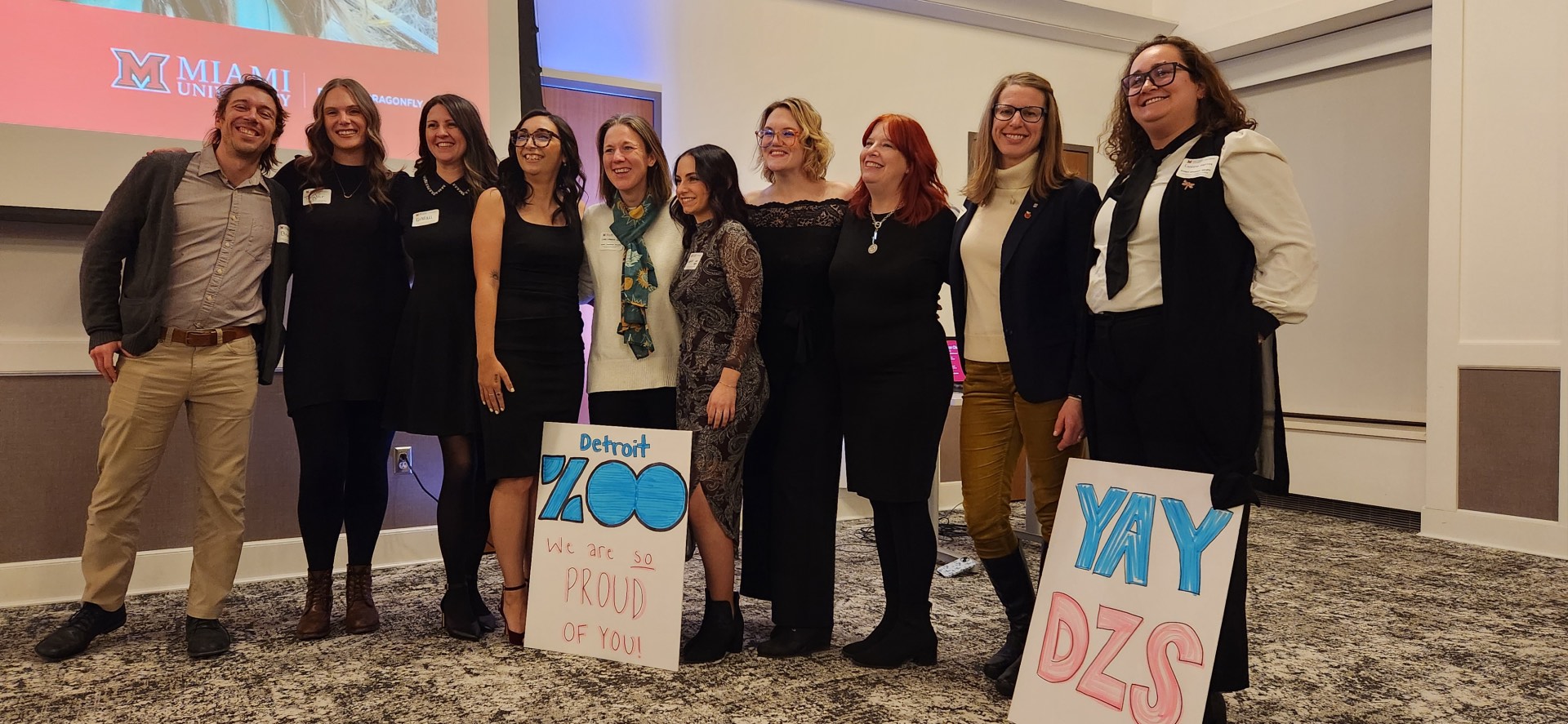
Detroit Zoo, Miami University announce first graduating class
The Detroit Zoological Society (DZS) and Miami University have announced the first graduating class of a conservation-focused online master’s degree program from Miami.
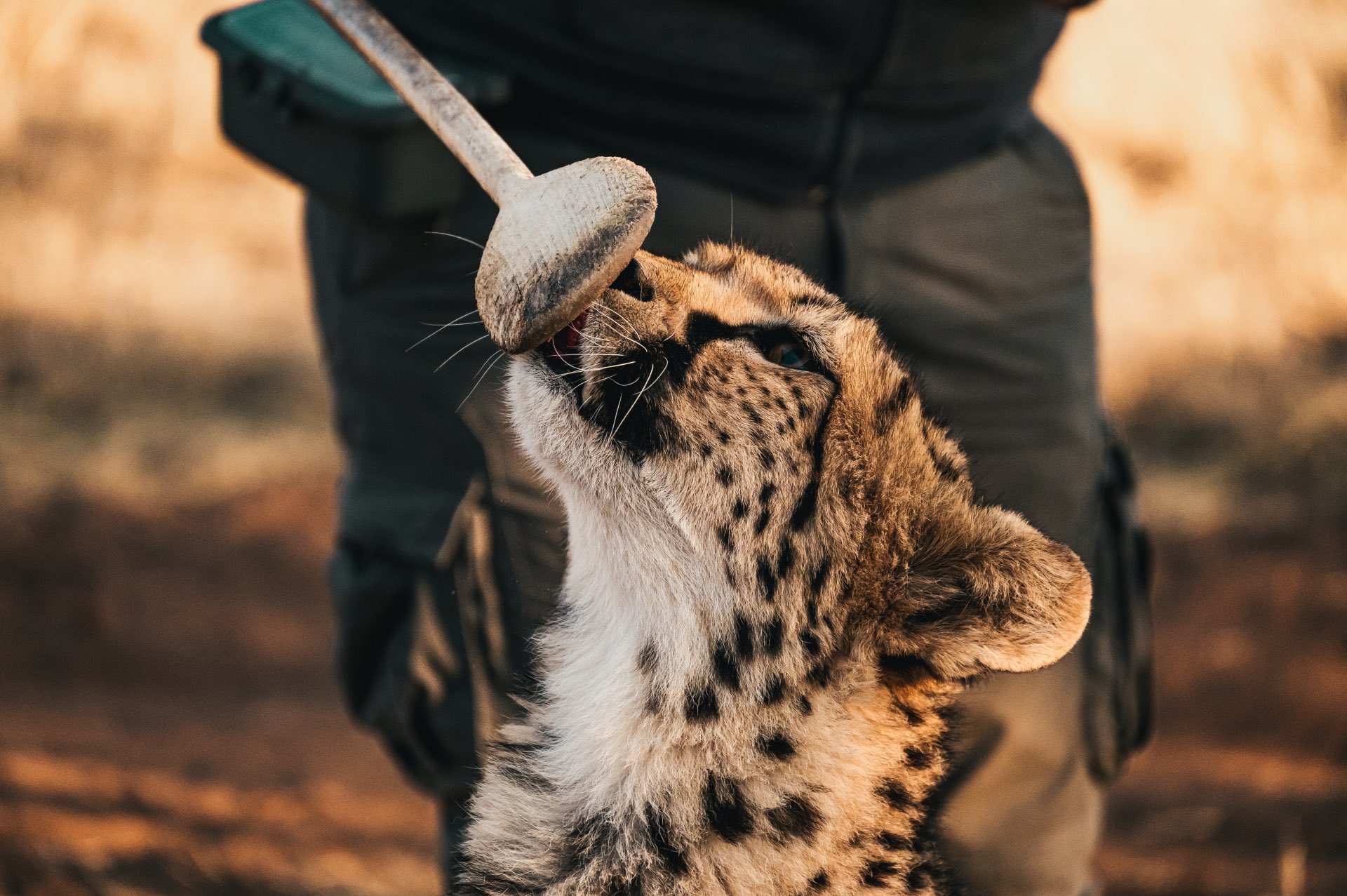
Dragonfly Photo Contest Winners 2025
Miami University Project Dragonfly graduate students in the Advanced Inquiry Program (AIP), the Global Field Program (GFP), Earth Expeditions (EE) courses, and faculty and staff are invited ...
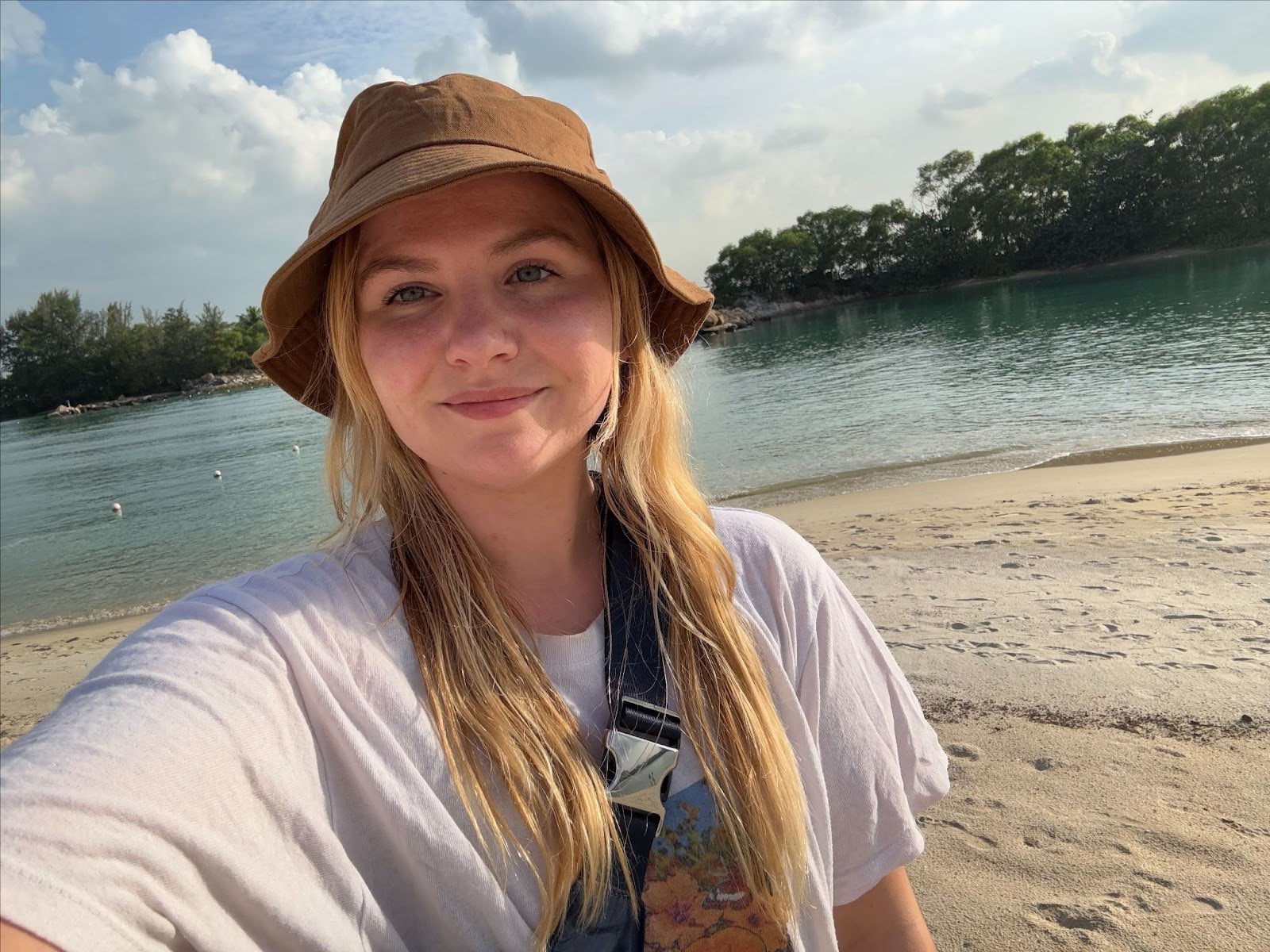
Bringing a hippo-hopeful book to life
As a student in Miami's biology department, Kimberly Puleo is earning a Master of Arts (M.A.) in Biology through Project Dragonfly's Advanced Inquiry Program (AIP)...
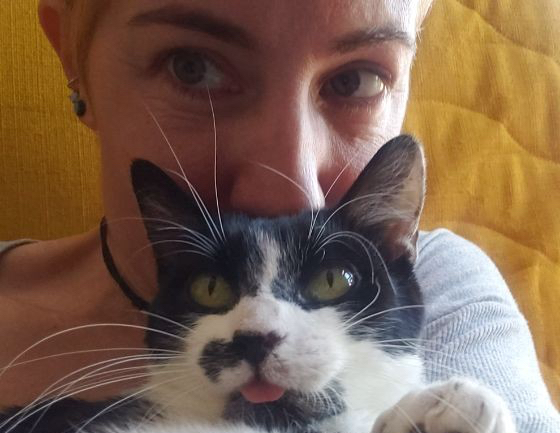
Emergency recall training of western lowland gorillas
Global Field Program (GFP) graduate Sara Fee '25 of Atlanta, Georgia, was published in Animal Keepers’ Forum...
